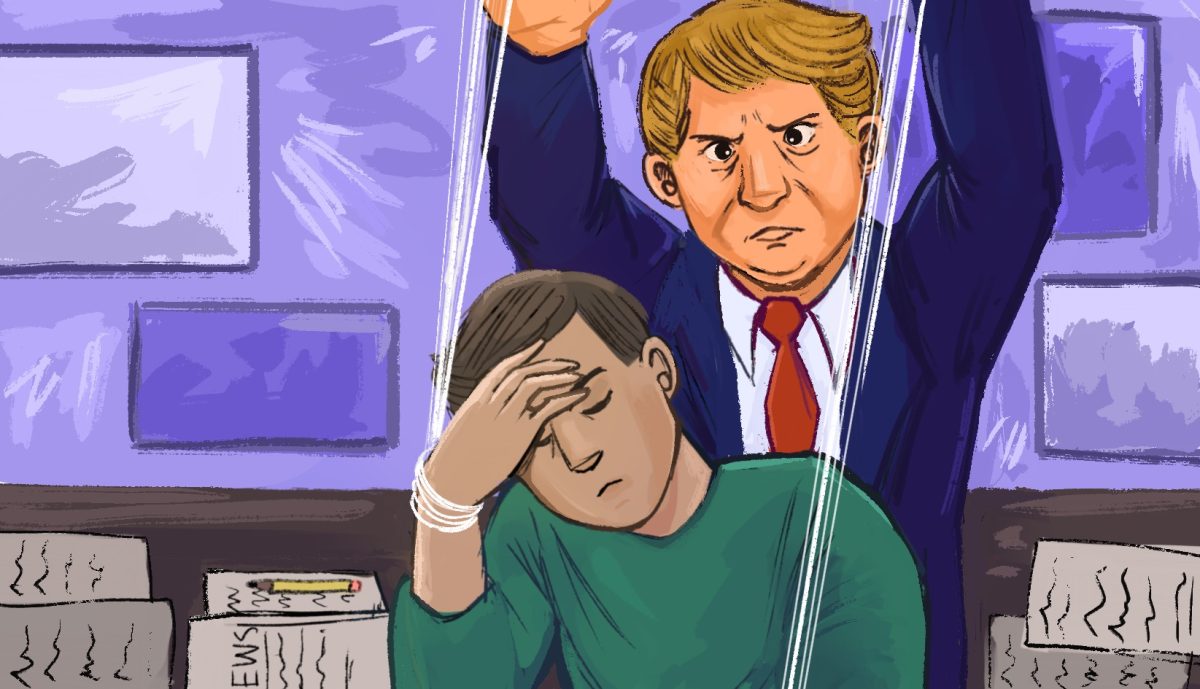Recently in our nation, students have been committing suicide due to cyberbullying amid a lack of school intervention. There have been a deluge of somewhat sensationalistic stories about the dangers of Facebook, which has culminated into Missouri’s controversial law restricting online access between students and teachers – thus pushing dialogue about social media to the forefront.
Some question why students need Facebook accounts in the first place (a complaint I have had directed at myself in the past). Others ask if there could be a safer alternative. Even more wonder whether a single policy regulating social media, whether national, statewide, or local, could ever adequately address all the issues that these innovations bring up. In the end, though, all these can be reduced to a single question: what is the role of social media in education?
Standing firmly on the freer end of this spectrum is Edina High English teacher Fred Cheng. He is known by his students for his extensive use of technology, both in the classroom and at home. A text-messaging system alerts his students of assignments and schedule changes. TurnItIn.com is used in lieu of paper copies of essays. Most importantly, though, he has a separate Facebook account for communicating with his students. “It’s an excellent way to contact students,” Mr. Cheng told me. “There’s such great access online.”
Despite this, Cheng said that he would oppose a district-wide mandate on social media, even if it required teachers to use Facebook, bluntly stating, “I don’t see the need for a policy.”
My view on the matter is much the same. If the issue is privacy online, then officials should realize that there are easy ways to utilize Facebook’s built-in privacy controls. The tools are easy to use and can easily transform Facebook into an educational utility. While these settings are freely available, part of the reason that so many people are anti-Facebook is simply because they aren’t aware that these options exist.
On the other hand, though, I can’t support a policy requiring teachers to use social media. Part of the reason that so few educators utilize it now is because they simply don’t like it, which is something that can’t be “fixed.” Also, the primary concern of many parents is not Facebook’s privacy settings, but the potential for unprofessional conduct between students and teachers in the laissez-faire realm of the Internet. Undoubtedly, this would occur much more often if teachers were required to friend all their students on their personal accounts. This is another instance in which Mr. Cheng’s system is superior – having separate accounts for school and home helps maintain the air of professionalism that goes with school.
Social media is just another innovation beginning to catch on. There are dangers inherent with radio, telephones, television, computers, and the Internet in general, and I’m certain that teacherss at the times of their inventions had a similar reaction to modern concerns about Facebook. However, as time went on, these formerly dangerous things were tamed, not by banning them or requiring them, but by allowing teachers a slight glimmer of choice in a strictly regulated profession. The same, I suspect and fervently hope, will happen to social media. After some time, administrators nationwide will undoubtedly realize that the best path is not one of draconian restriction, nor is it one of total requirement, but simply one of following a precedent of freedom.




